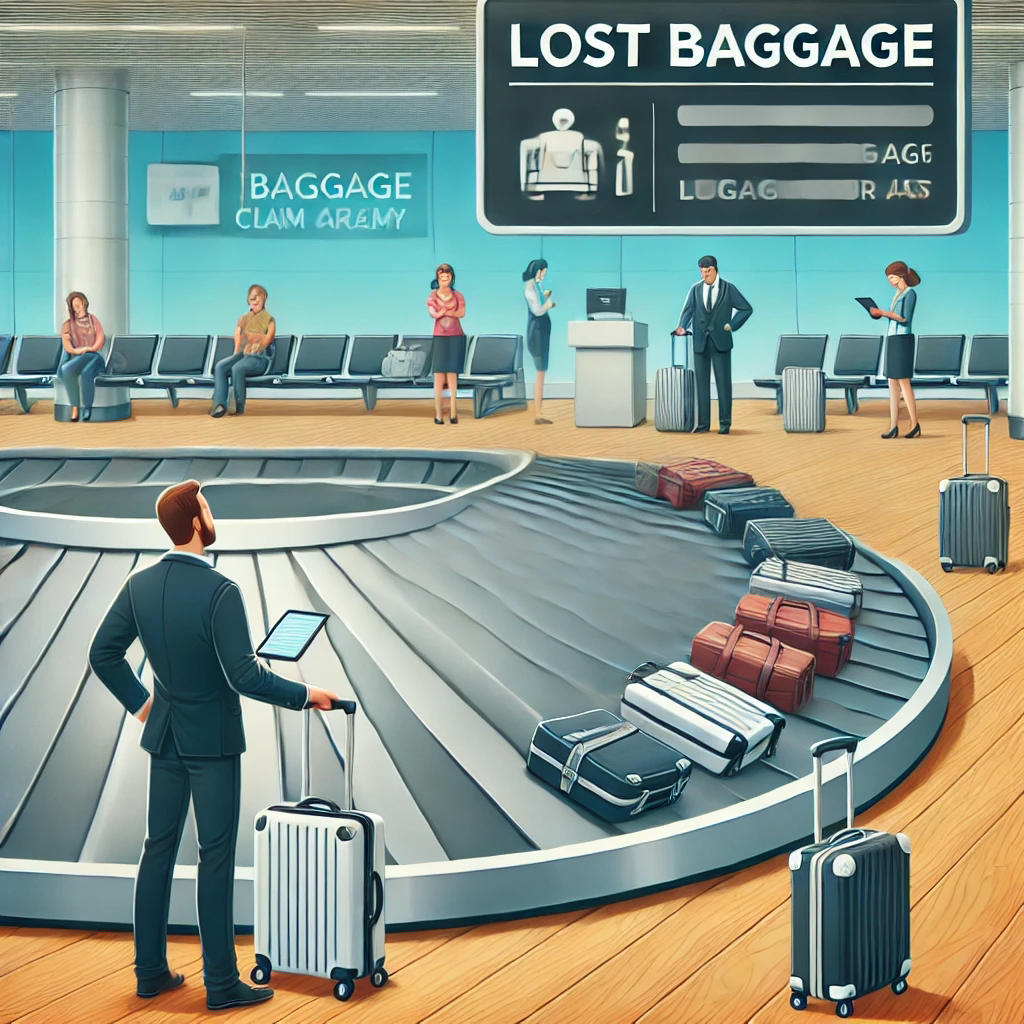The Importance of Black Boxes in Air Crash Investigations
Air travel is one of the safest modes of transportation, but when accidents occur, investigators rely on critical tools to determine the cause. One of the most essential devices in air crash investigations is the Flight Data Recorder (FDR) and Cockpit Voice Recorder (CVR)—commonly known as the "black box." These devices provide crucial insights into what happened during the final moments of a flight, helping improve aviation safety.
What is a Black Box?
A black box is not actually black—it is painted bright orange to make it easier to locate after a crash. It consists of two main components:
1. Flight Data Recorder (FDR) – Captures technical flight data such as altitude, speed, engine performance, and system functions.
2. Cockpit Voice Recorder (CVR) – Records audio from the cockpit, including conversations between pilots, background noises, and communication with air traffic control.
Why Are Black Boxes Important?
1. Identifying the Cause of Crashes
Black boxes provide investigators with real-time flight data and pilot interactions before an accident.
By analyzing this information, authorities can determine whether a crash was caused by mechanical failure, human error, or external factors like weather.
2. Enhancing Aviation Safety
Data from past accidents has led to major improvements in aircraft design, pilot training, and aviation regulations.
Airlines and manufacturers use black box findings to prevent similar incidents from happening in the future.
3. Aiding in Search and Rescue Operations
After a crash, black boxes emit locator signals for up to 30 days, helping recovery teams locate wreckage in remote or deep-sea areas.
These signals are crucial in cases like the missing Malaysia Airlines Flight MH370, where extensive searches were conducted.
Challenges in Black Box Recovery
Despite their durability, retrieving black boxes can be difficult:
Deep-sea crashes make it hard to locate them on the ocean floor.
Severe impact or fire may damage the recorders, although modern designs ensure survivability.
Extended search times delay investigations and conclusions.
The Future of Black Box Technology
To improve data retrieval, aviation experts are working on:
Cloud-based flight data streaming, where real-time flight information is transmitted to ground servers.
Enhanced underwater beacons with longer battery life for easier recovery.
Smaller and more advanced recorders to capture additional safety information.
Conclusion
Black boxes are a vital part of air crash investigations, providing crucial insights that shape the future of aviation safety. While recovery challenges exist, advancements in technology are making it easier to retrieve and analyze flight data. As aviation continues to evolve, black boxes will remain essential in ensuring the skies are safer for everyone.



Comments
Post a Comment